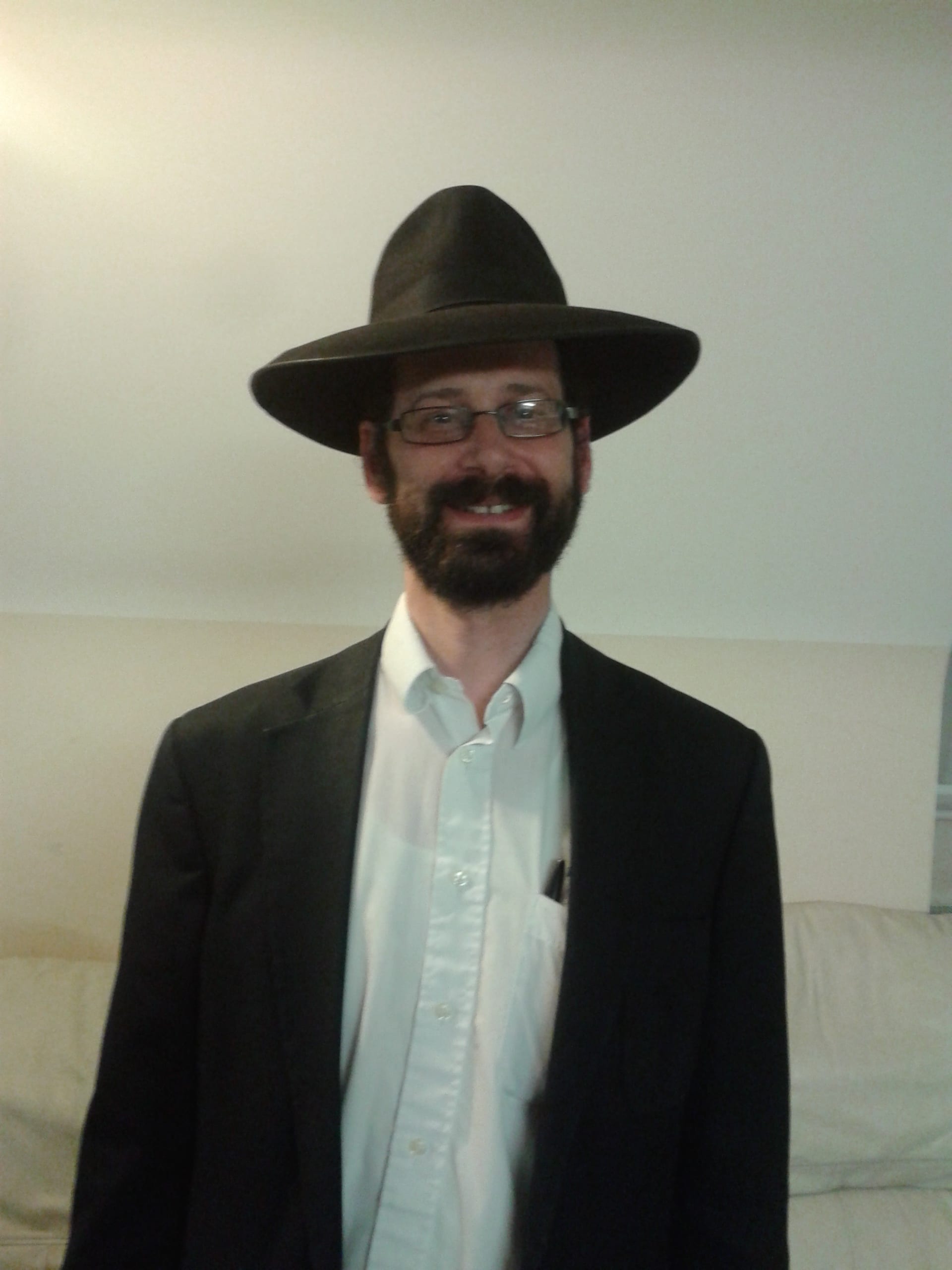
We now find ourselves in the month of Elul. Elul is a month of preparation before Rosh Hashana. Rosh Hashana is the day of judgement. To prepare ourselves for judgement we must do two things. We must work on repenting and undoing any sins that we have done. Additionally we must work to get merits to find favour in judgement.
Teshuva is one of the things that was created before the world. This tells us that teshuva is essential for the continued existence of the world. The word teshuva means to return. Return where?
To understand this better let us start at the beginning. A person is placed in this world to better himself and come close to Hashem. Hashem could have simply given everyone Olam Habo, the enjoyment of the next world, straight away. However, Hashem doesn’t want us to feel like a poor person receiving free gifts in Olam Habo but embarrassed when he sees his benefactor. Instead, Hashem wants us to feel like we earned it and it is rightfully ours. This means that a person must put in effort and work to earn Olam Habo. To this end, we are placed in this physical world with bechira, free choice. We must fight our evil inclination and strengthen our yetzer tov, our drive to do what is good.
This means that a person is meant to battle the temptations of this world and follow all the commandments of the Torah. However, the possuk tells us that there is no tzaddik in this world who does not sin. The reality is that every person has sins. What then can he do about it? Can he undo something that has already happened in the past? The answer to this is the gift of Teshuva.
Teshuva is something that is non-existent in the framework of this world. We cannot “undo” all physical actions, yet Teshuva is a special gift which taps into the spiritual realm above this physical world, and which enables us to undo the negative spiritual effect of past bad actions.
To appreciate this, we must first understand what happens when a person sins. This can be seen from the first sin in the Torah – that of Odom Horishon. A sin causes a person to be distanced from Hashem, as Odom was literally thrown out of Gan Eden. Distance from Hashem makes a person become more physical and less spiritual. Teshuva reverses this situation. By becoming closer to Hashem, a person will become more spiritual. This is what the word teshuva means – returning to a state of greater closeness with Hashem.
What are the essential stages for teshua? The first thing is regret. Then, if he hasn’t already done so, the person must stop sinning. Then there is vidui, verbal admission of the sin, and requesting forgiveness. The final stage is to accept upon himself not to repeat the sin in the future.
After the month of Elul and preparing for teshuva, are ten special days where teshuva is more easily accepted. These are known as the AseresYimei Teshuva, the ten days of repentance from Rosh Hashana until Yom Kippur. Let us be successful in our teshuva and merit a good new year with only good things.







